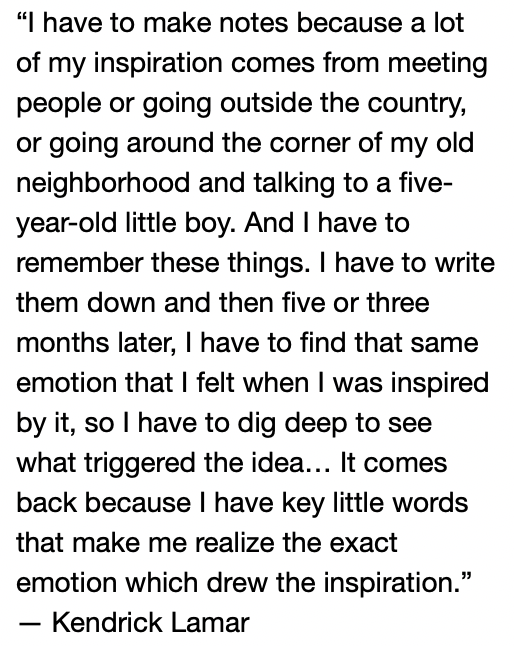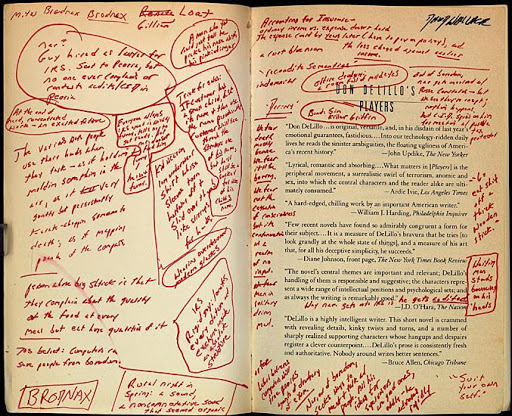 menu
menu menu
menu
 David Perell @david_perell9. Writing online will accelerate your learning.
Don't wait until you're an expert to write online. Writing online will force you to learn as much as you can and distill your best ideas for public consumption. And as you write online, you'll build authority in your niche. twitter.com
David Perell @david_perell9. Writing online will accelerate your learning.
Don't wait until you're an expert to write online. Writing online will force you to learn as much as you can and distill your best ideas for public consumption. And as you write online, you'll build authority in your niche. twitter.com David Perell @david_perell5. Build a Shared Knowledge Base
We keep all of our Standard Operating Procedures in @NotionHQ. We get everything in detailed writing whenever we meet, so we can trust a central source of truth in the future. Long-term, we save ourselves time and eliminate confusion. twitter.com
David Perell @david_perell5. Build a Shared Knowledge Base
We keep all of our Standard Operating Procedures in @NotionHQ. We get everything in detailed writing whenever we meet, so we can trust a central source of truth in the future. Long-term, we save ourselves time and eliminate confusion. twitter.com
 David Perell @david_perellFor years, I did most of my reading on Kindle. But now I read physical books. I use @readwiseio to save highlights by taking a picture of the text I want to save, which automatically goes into my Second Brain.
Here's what my workflow looks like. twitter.com
David Perell @david_perellFor years, I did most of my reading on Kindle. But now I read physical books. I use @readwiseio to save highlights by taking a picture of the text I want to save, which automatically goes into my Second Brain.
Here's what my workflow looks like. twitter.com




 David Perell @david_perell2. Start taking notes early, so you can build upon the ideas over time.
Kendrick was a shy middle schooler who sometimes spoke with a stutter. Frustrated, he turned to the written word. He scribbled rap lyrics on notebook paper instead of finishing assignments for other classes. twitter.com
David Perell @david_perell2. Start taking notes early, so you can build upon the ideas over time.
Kendrick was a shy middle schooler who sometimes spoke with a stutter. Frustrated, he turned to the written word. He scribbled rap lyrics on notebook paper instead of finishing assignments for other classes. twitter.com Pay what you can
Pay what you can